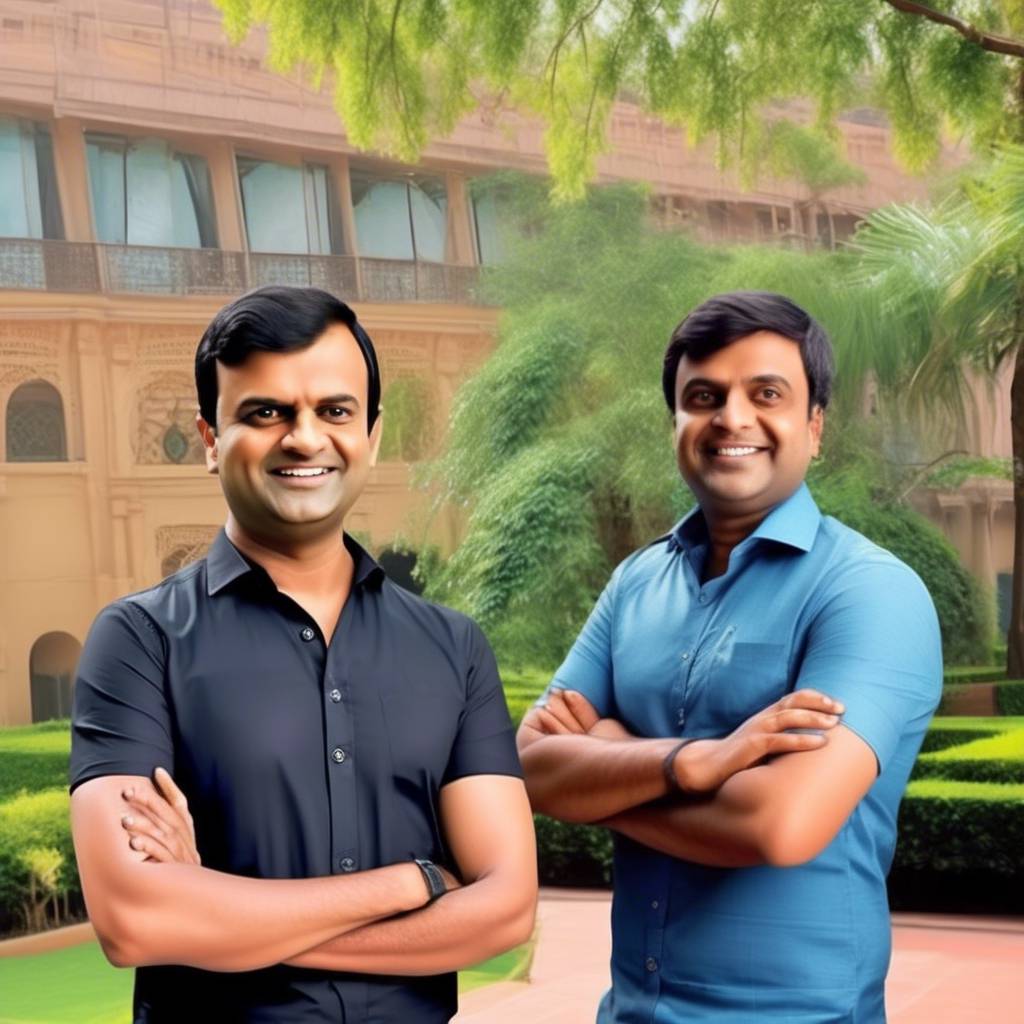Bhavish Aggarwal, the founder of Ola, a prominent ride-hailing platform, recently criticized LinkedIn for removing his post on “pronoun illness”. He accused the platform’s AI tool of imposing a political ideology on Indian users, which he deemed unsafe and sinister. Aggarwal expressed his concerns about this in a post on another platform, highlighting the need for India to develop its own technology and AI to avoid being influenced by external political objectives. This incident shed light on the growing concerns surrounding the influence of foreign ideologies on Indian platforms and the importance of retaining cultural values in technology.
Aggarwal’s original post on X about gender pronouns sparked a discussion about the impact of woke agendas on social media platforms. In the post, he shared a screenshot of LinkedIn’s AI bot addressing him with gender-neutral pronouns, which he found concerning. The post received significant attention, with over 165K views and multiple users agreeing with Aggarwal’s views. Many users praised him for speaking out against foreign influences and maintaining cultural sensitivity in technological advancements. The incident revealed a deep-rooted issue of platforms lacking an understanding of local sentiments and cultural nuances, leading to the imposition of a singular ideological lens on users.
The backlash faced by LinkedIn due to the removal of Aggarwal’s post highlighted the complexities of operating global platforms in diverse cultural settings. Aggarwal’s stance on the issue resonated with many users who supported his call for a more nuanced approach to content moderation and AI implementation. The incident also raised questions about the need for platforms to prioritize cultural inclusivity and respect for local values while developing and deploying AI tools. As technology continues to evolve and shape societal norms, the need for a balanced and culturally sensitive approach becomes increasingly crucial to avoid alienating users and perpetuating harmful ideologies.
Amidst the controversy surrounding the removal of Aggarwal’s post, Ola Cabs, the company he founded, faced internal challenges with the resignation of CEO Hemant Bakshi after a brief tenure of only four months. Additionally, reports indicated that the company was undergoing a team restructuring process that would impact at least 10% of its workforce. These developments underscored the turbulent phase Ola was going through, with leadership changes and organizational restructuring affecting its operations. The intersection of internal challenges and external controversies added to the complexities of navigating the evolving landscape of the tech industry in India.
Aggarwal’s vocal stance on the issue of foreign influence on Indian platforms and the importance of preserving cultural values in technology reflected a broader concern within the tech community about maintaining authenticity and inclusivity in digital spaces. The incident served as a catalyst for discussions about the role of AI in shaping user experiences and the need for platforms to prioritize cultural sensitivity in their content moderation practices. As India continues to position itself as a technological hub, the incident highlighted the importance of developing indigenous solutions that align with local values and beliefs while also fostering innovation and growth in the tech sector.
In conclusion, Bhavish Aggarwal’s critique of LinkedIn’s AI tool and his call for building India’s own tech infrastructure shed light on the challenges of navigating global platforms in a diverse cultural landscape. The incident underscored the importance of maintaining cultural sensitivity and authenticity in technological developments and content moderation practices. As the tech industry in India continues to evolve, the need for a balanced approach to technology that respects local values and beliefs while fostering innovation becomes increasingly crucial. The incident with Aggarwal and LinkedIn serves as a reminder of the complex interplay between technology, culture, and societal norms in the digital age.









